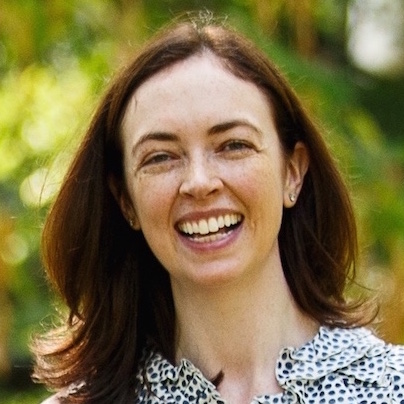A primary beneficiary is the person (or organization) who would get your life insurance death benefit if you die.
A contingent beneficiary would get the money if you died and the primary beneficiary was no longer living at that time.
Keep in mind: it's easy to change beneficiary designations, nothing is set in stone.
If your wishes change in the future, no problem; you can update your beneficiaries accordingly.
Most people choose:
- Spouse / partner
- Child(ren) <-- children under the age of 18 cannot own assets directly; if you have kids under 18 but no will or trust, read this post
- Parent(s)
- Sibling(s)
- A trust (if you have one set up for estate planning)
- Their estate (this is usually only a good idea if you have a will that directs a probate court to handle your estate)
You can also designate a friend or non-profit organization (if choosing a non-profit, use the organization's EIN in place of a Social Security Number - the EIN is usually easy to find online).
While some people know their beneficiaries' SSNs by heart, most do not, and gathering this information in advance can help get coverage in place more quickly & easily.
Example 1: You Have a Spouse & Two Young Children - No Will or Trust
“I’d want my spouse to get 100%, they can handle it on behalf of the kids. Should something happen to my spouse and me, I’d want 100% to go to my kids and be managed by my sister-in-law on their behalf.”
In this case, the spouse would be the primary beneficiary and the kids the contingent beneficiaries, but you'd need to decide how to designate your sister as the trusted grownup.
Example:
Primary beneficiary: Lauren Miller Singh
Contingent beneficiaries:
Sarah Miller as financial custodian for Chloe Singh under UTMA (NY), 50%
Sarah Miller as financial custodian for Lachlan Singh under UTMA (NY), 50%
Example 2: You Have a Spouse & Young Children & a Will or Trust
Naming of beneficiaries will depend on how your will or trust works. It's best to confirm your beneficiary naming with the attorney who helped you. Contact your AboveBoard Financial Client Care Coordinator for an email you can use to reach out to your attorney. Or if you're not still in touch with that person, let us know.
Here are two approaches (these may or may not be right for you, it really depends on how your estate plan is set up):
Example A:
Primary beneficiary: Lauren Miller Singh
Contingent beneficiary: The Miller-Singh Family Trust, est. 10/15/2018
Example B:
Primary beneficiary: Lauren Miller Singh
Contingent beneficiary: Estate of Vijay Singh
Example 3: You Are Single, and Want to Designate a Sibling and an Organization
"I'd want my brother to get 75%, and my college to get 25%."
Example:
Primary beneficiary: Leon Franklin, 75%
Primary beneficiary: Williams College, 25%
Note that if you die after or at the same time as your brother ("Leon"), Williams College would get 100% in this example.
Visit our interactive life insurance calculator to get clear, honest advice about life insurance and online quotes.


